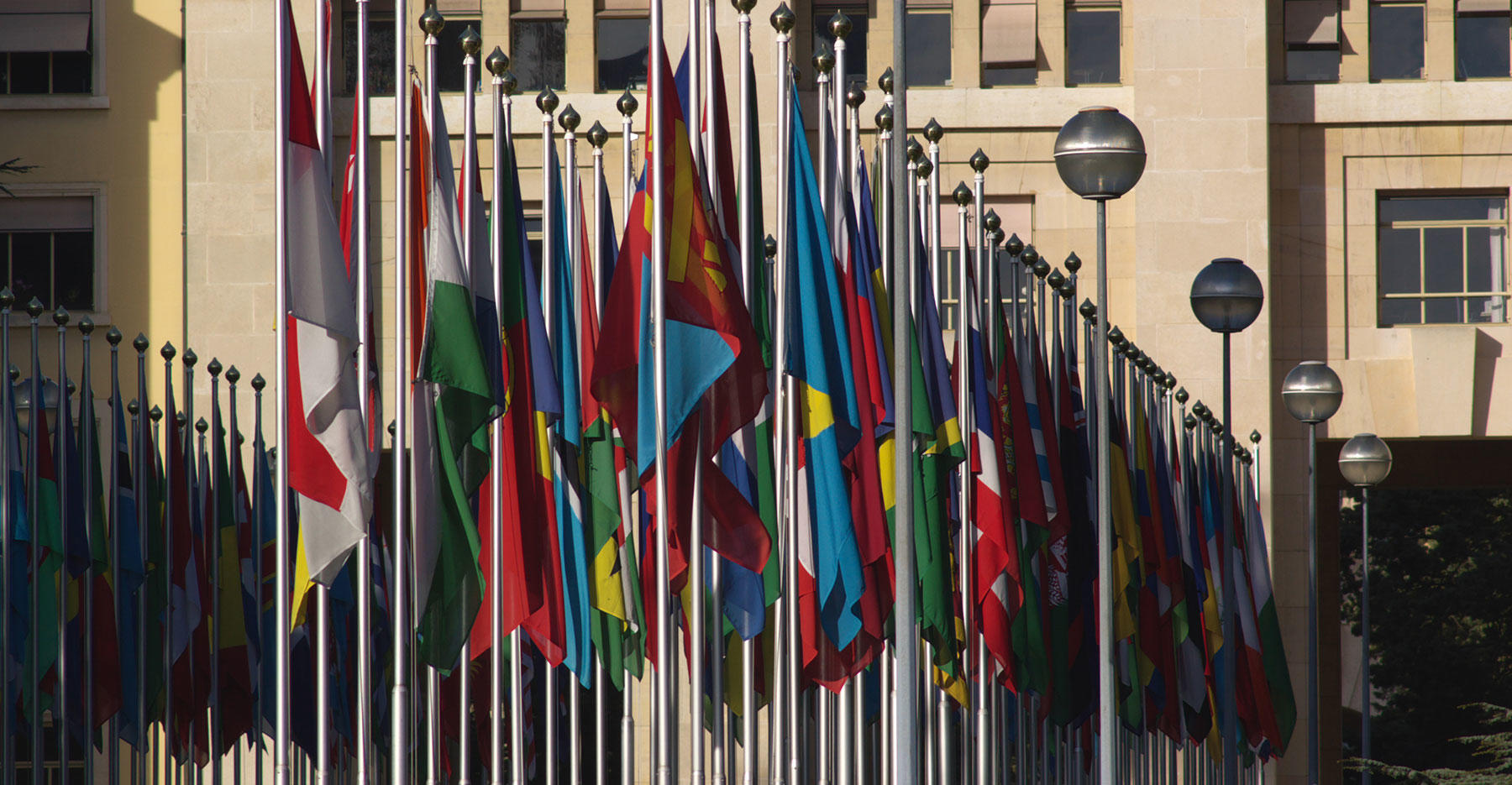The Shanghai Cooperation Organisation: Prospects and Challenges
27-04-2018
Last week, Pakistan and India participated at the 15th Shanghai Cooperation Organisation (SCO) Defense Minister meeting in Beijing, and at the Council of Foreign Ministers meeting of the SCO after both countries became full members of the SCO during a summit in Astana, in 2017. Pakistan’s Defense Minister Khurram Dastgir-Khan and Foreign Minister Khawaja Muhammad Asif, and India’s Defense Minister Nirmala Sitharaman and Minister of External Affairs Sushma Swaraj, took part on behalf of their respective countries in these preliminary meetings that are supposed to serve as preparations for the SCO Heads of State Council (HSC) meeting that will take place in June in Qingdao, China.
The SCO comprises of eight full Member States, namely Tajikistan, Kazakhstan, Pakistan, Kyrgyzstan, Russia, China, India and Uzbekistan. In addition, there are four Observer States and six dialogue partners. The organization’s main goals are fostering cooperation in various fields between the Member States, strengthening mutual trust and neighborliness, taking joint measures against terrorism and extremism and to ensure and maintain peace, stability and security in the region; All participating States have expressed their willingness to participate in a joint military counter-terrorist exercise in August 2018, in Russia.
As one of the areas of focus for the SCO is to ensure peace, security and stability and to continue taking measures against terrorism, extremism and separatism, the ingress of Pakistan and India in June 2017, as full members of the SCO, did initially cause anxiety among some Member States. Pakistan and India have had a troubled relationship since the British left the Subcontinent in 1947, mainly because of the Jammu & Kashmir conflict, cross-border terrorism and the four wars, both countries have fought. According to some, importing this rivalry and their many conflicts into the SCO carries the risk of impeding the functioning of the organization, as has been the case with the South Asian Association for Regional Cooperation (SAARC). Sensing these apprehensions, Pakistan’s Defense Minister, Khurram Dastgir-Khan promised “...That any bilateral issues would not be allowed to impede the group’s cooperation”. Likewise, India’s Defence Minister, Nirmala Sitharaman, pledged during the SCO meeting, that “India will engage with a positive approach and an open mind on all issues related to defense cooperation within the SCO framework”.
The relation between India and Pakistan worsened further since the beginning of 2018, because of increased terrorists attacks in Indian Administered Jammu & Kashmir and heavy cross-border firing and shelling across the Line of Control (LoC) between the two nuclear neighbors, resulting in the death and injuries of thousands. In addition, the relationship between China and India had a lot to endure as well during the recent past, as China repeatedly shielded terrorists based in Pakistan in the United Nations Security Council using its veto power and because of the 73-days long Doklam military stand-off, which further increased tensions among the two giants.
During the Council of Foreign Ministers meeting on 24 April 2018, in Beijing, India did not support the Belt and Road Initiative (BRI). The reason India does not support the BRI, and will continue to have this stand, is because a component of China’s precious project, the China Pakistan Economic Corridor (CPEC), goes through the disputed territory of Gilgit Baltistan (part of Jammu & Kashmir) which India claims to have legal right over.
The SCO’s aims and objectives will keep facing challenges due to disputes between the other Member States; Disputes over water resources between Tajikistan and Uzbekistan, inter-ethnic conflict between Kyrgyzstan and Uzbekistan and an ongoing political war of words between the Presidents of Kyrgyzstan and Kazakhstan.
Russia supported India’s membership into the SCO as a counterweight to China while Beijing responded by inducting its ally, Pakistan. As a result, a certain, yet uneasy, political equilibrium was achieved. India and Russia intend to have an active role in the SCO to expand their presence in Central Asia, improve connectivity and business with the region and secure partnerships to fight terrorism. China has a clear aim of strengthening its strategic role in South Asia by teaming up with its ‘all weather friend’ Pakistan and gaining support for its BRI.
The SCO is undoubtedly an important regional alliance, yet it faces the challenge to guard itself and not become a platform for a power-struggle between Moscow and Beijing along with New Delhi and Islamabad. Will the organization intend to increase China’s role in South Asia, Russia’s influence in the same or indeed serve its propagated purpose of bringing Central and South Asia closer to each other?
For now, it seems the SCO will be a diplomatic platform where the Member States will hold talks about various issues; The challenge remains to overcome regional and political issues prevalent among the Members, by actually reaching agreement on disagreements.
That needs to be seen.


